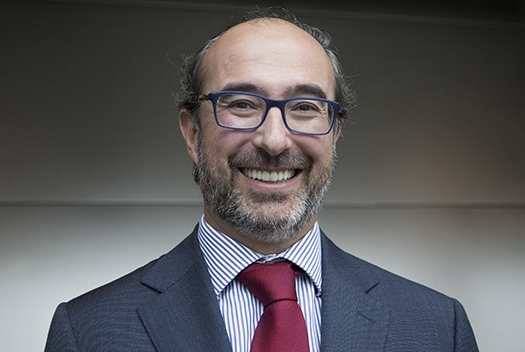Scientists in recent years have found that tumor cells biopsied from cancer patients can be grown in the lab into specialized tissues called organoids that mimic many aspects of the organ from which they are derived. Now researchers from Weill Cornell Medicine, Harvard Medical School, and other institutions have provided evidence that for pancreatic cancer research, these patient-derived organoid models rival the utility of more expensive and time-consuming mouse-based models.
The mouse-based models that are considered the gold standard for preclinical research on pancreatic cancer use patient-derived tumors that have been transplanted into mice that lack a functional immune system. In a study published online Sept. 29 in JCI Insights, the researchers grew organoids from these patient-derived tumors, which are also called PDX tumors, and compared the utility of the organoids and PDX tumors as pancreatic cancer models.
They showed, for example, that the responses of the organoids to standard cancer treatments are as informative as those of the PDX mouse tumors for predicting whether the patient would benefit from the treatment. Moreover, they demonstrated that the organoids retain a key molecular feature of pancreatic tumors and PDX tumors: a rearrangement of sugar-related molecules called glycans on the tumor cells, which many researchers now suspect is a contributor to the development and progression of these cancers.
Pancreatic cancers typically grow for years without obvious symptoms and are often detected only when advanced and very hard to treat. Thus, there is an urgent need for blood tests that can help doctors catch these tumors earlier. The investigators used the pancreatic tumor organoids to identify several proteins that are highly expressed in these tumors but not in healthy pancreatic cells. They found that most of these proteins also are highly expressed in blood samples from patients, and thus may be able to serve as early-warning biomarkers of pancreatic cancer.
The results, the authors write, provide a roadmap for using organoids to study pancreatic cancer biology, “and for rapidly and effectively identifying biomarkers that can be translated to the clinic.”
Corresponding author: Dr. Manuel Hidalgo
Dr. Hidalgo owns equity stock in Champions Oncology, Inc., a company that engages in PDX work.

